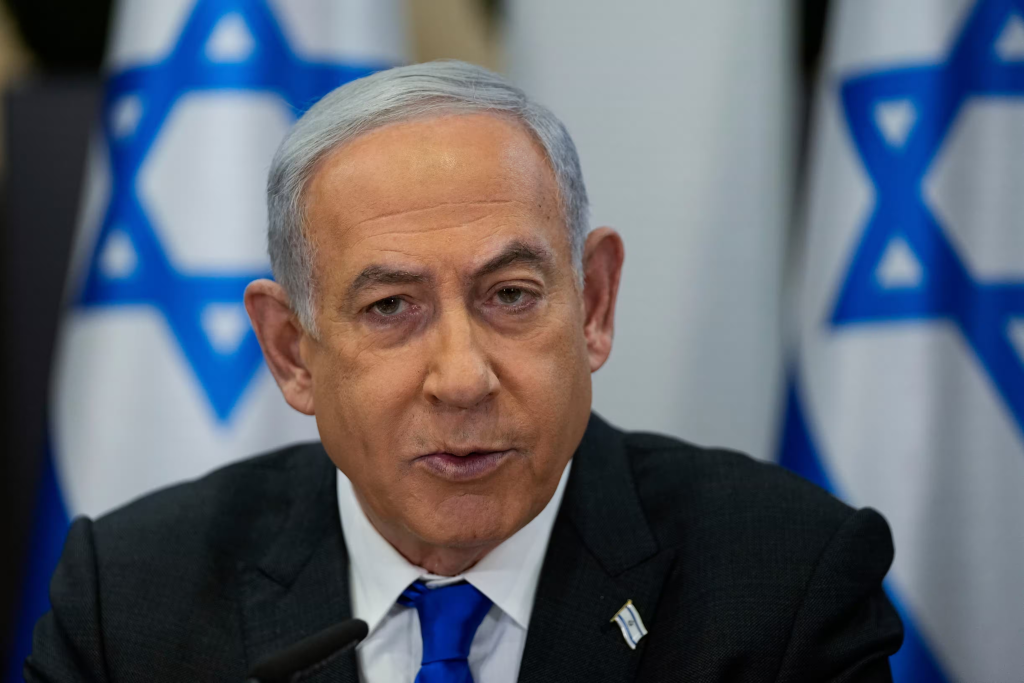Introduction
In recent weeks, the escalating conflict between Israel and Hezbollah in southern Lebanon has raised concerns about the safety of Australian citizens in the region. As a result, there have been calls for a ban on travel to southern Lebanon to protect Australians from potential harm. This article will explore the proposed ban and its implications for Australia’s Lebanese diaspora. We will examine the counter-terror laws that could be used to enforce the travel ban, the history of these laws, and the potential impact on Australian citizens.
The Proposed Ban and Counter-Terror Laws
Understanding the Laws
To comprehend the proposed ban on travel to southern Lebanon, it is essential to understand the counter-terror laws that could be utilized. These laws, passed in 2014, grant the foreign minister the authority to designate areas of other countries as ‘no-go zones.’ Such a designation would make it a criminal offense for Australians to travel or remain in these areas.
Prohibiting Support for Terrorist Organizations
The existing laws already make it illegal for Australians to support or fight alongside designated terrorist organizations, such as Hezbollah. However, collecting sufficient evidence from a war zone to convict perpetrators can be challenging. The counter-terror laws aim to deter Australians from joining proscribed terrorist groups and simplify the prosecution process for those who do.

Listing Hezbollah as a Terror Organization
In November 2021, Australia joined the United States and the United Kingdom in labeling Hezbollah, including both its military and political wings, as a terrorist organization. While the European Union only designates Hezbollah’s military wing as a terrorist organization, Hezbollah itself does not distinguish between its political and military branches.
Declaring No-Go Zones
For an area to be declared a no-go zone, the government must be convinced that an officially proscribed terrorist organization is engaging in hostile activities there. Traveling to or remaining in a declared no-go zone carries a penalty of up to 10 years in prison.
Previous Use of the Laws
Iraq and Syria: The First Designated No-Go Zones
The counter-terror laws were first employed in 2014 to designate parts of Iraq and Syria, which were under the control of the self-proclaimed Islamic State (IS), as no-go zones. The move was prompted by the influx of approximately 230 Australians traveling to the region to join IS and other militant groups. There were concerns that these individuals could pose a threat upon their return to Australia.
Calls to Declare Eastern Ukraine as a No-Go Zone
In 2022, there were calls to declare parts of eastern Ukraine as no-go zones to prevent Australians from joining extremist groups involved in the Russia-Ukraine conflict. However, this proposal did not materialize.
The Situation in Southern Lebanon
Escalating Conflict and Displacement
Since the Hamas-Israel conflict began in Gaza in October, there has been a steady stream of rocket fire along the Lebanon-Israel border. The violence has escalated, leading to the displacement of nearly 50,000 people in southern Lebanon by the end of December. International observers are alarmed by the possibility of an expanded Hamas-Israel crisis drawing Hezbollah and Iran into the conflict.
Australian Casualties
Tragically, two Australian citizens, Ibrahim and Ali Bazzi, were killed by Israeli airstrikes in southern Lebanon. Ali Bazzi was claimed by Hezbollah as one of their fighters, and the caskets of all three victims were draped in the militant group’s flag. These casualties have intensified concerns about the safety of Australians in the region.
Implications for Australia’s Lebanese Diaspora
The Lebanese Diaspora in Australia
Australia is home to a significant Lebanese diaspora, with over 87,000 people born in Lebanon and approximately 250,000 Australians claiming Lebanese heritage. It is estimated that around 15,000 Australian citizens live in Lebanon at any given time, although there is no precise data on how many of them were in the southern region during the recent violence.

Legal Ramifications and Exemptions
Criminalizing travel to large sections of Lebanon raises concerns about the implications for the Lebanese diaspora in Australia. While there are exemptions for aid workers, journalists, and “bona fide” visits to family members, the definitions of these exemptions remain vague. Refusing to leave a declared no-go zone could result in legal trouble, as the burden of proof would be on the accused to demonstrate their exemption from the travel ban.
Conclusion
The proposal to ban travel to southern Lebanon raises important questions about the safety of Australian citizens in regions of conflict and the balance between national security and individual rights. The counter-terror laws provide a potential mechanism for enforcing such a ban, but they also come with controversial elements. As the situation in southern Lebanon continues to evolve, it is crucial for Australian authorities to carefully consider the implications of any travel restrictions and ensure the safety and well-being of their citizens.




No comments! Be the first commenter?